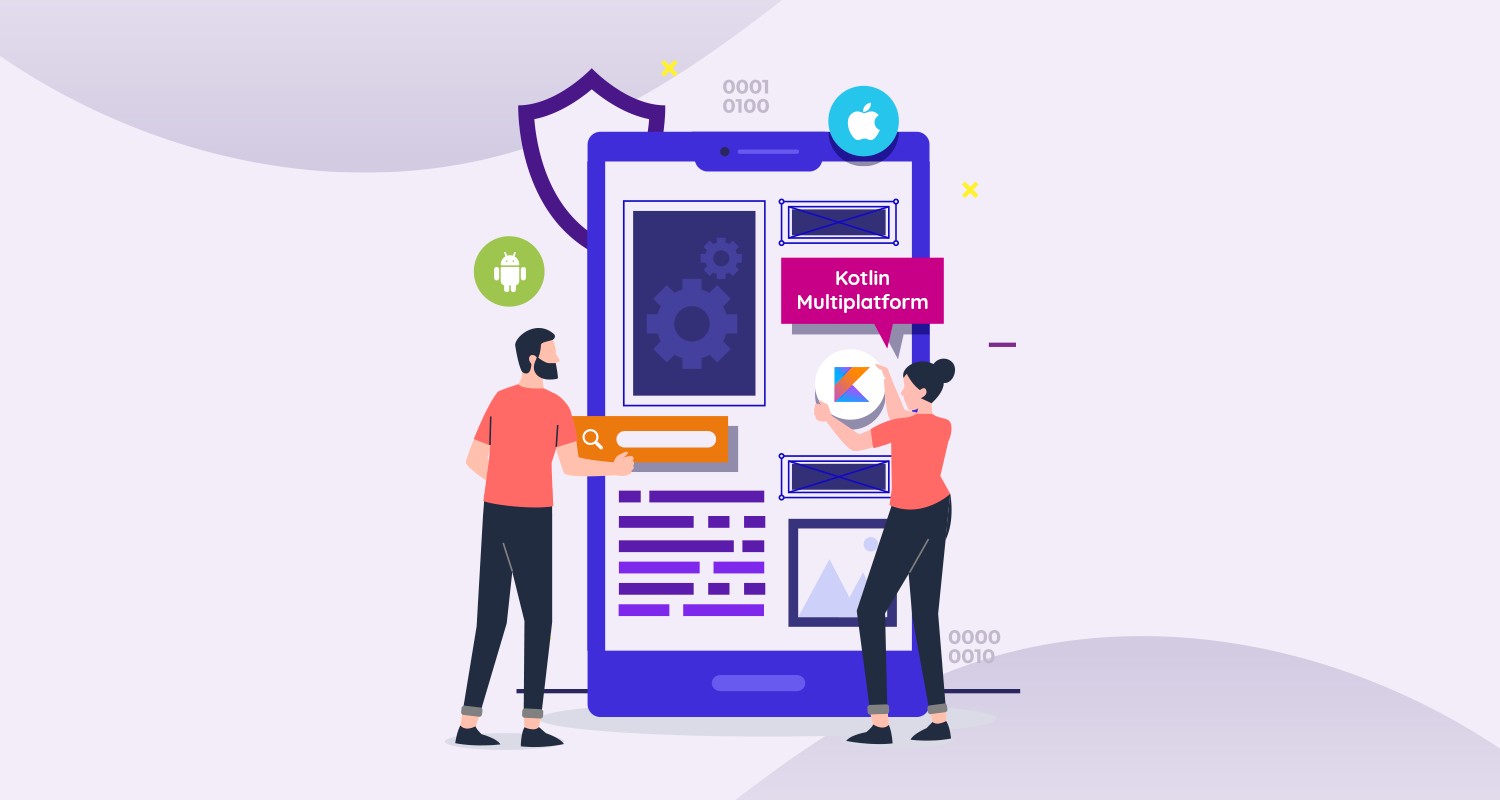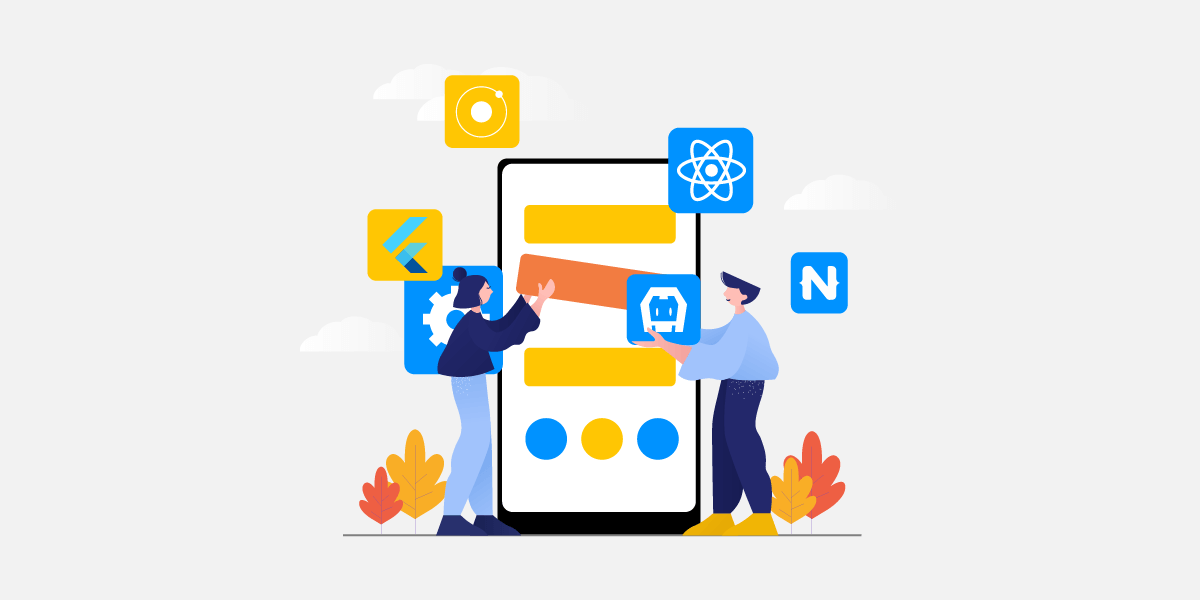Is Multiplatform The Future Of Mobile Development?
Where Can Multiplatform Development Be Applied?
If you are sure about devices and operating systems, which are used by your target audience, you don’t have to encompass everyone. But if your business requires a huge audience with many device types, you should think how it will influence your business. Such apps may include:
– promotional apps – when a brand is integrated in the content of a useful or interesting app;
– entertainment apps – include all media, apps for presenting products and services, m-commerce;
– business apps for internal use – when a business starts considering mobile technologies as business advantages and an important direction for investments.
In the first two cases, the main advantage of multiplatform development is encompassing a bigger audience with lower costs. In the third case, it is the opportunity to create an app for every employee, without considering personal preferences in devices.
Here we can say that the BYOD trend (Bring Your Own Device) has reached the critical mass among employees. New and non-standard devices, which are brought by employees, may be incompatible with the app you are planning to create. Technologies develop faster than standards. Companies that apply mobile technologies need to find the optimal balance between preferences of employees and costs for app development, and they need to provide access to them.
Making employees mobile is just a part of the whole picture. The line between work and home environments gets blurred. This means that employees who work with information, expect that their enterprises will rid of the standard way of building IT. This means work in preferred OS and apps, as well as personalization of work technologies. In order to use the advantages of mobile technologies, it’s quite logical to build flexible, employee-oriented solutions.
Fragmentation Of The Mobile Market
There are many mobile platforms on the market, but only three obvious leaders. According to worldwide marketshare stats (Q4 2013), the leader on the smartphone market is Android (69%); the second place belongs to iOS (19%); the third place belongs to Windows – 10%, BlackBerry has about 2%.
As for tablets, the situation is different. A part of Android’s share (62%) is taken by iOS (33%). Windows and BlackBerry have 5% and 0,2% respectively. And of course, the number of devices and operating systems will grow.








Post Comment